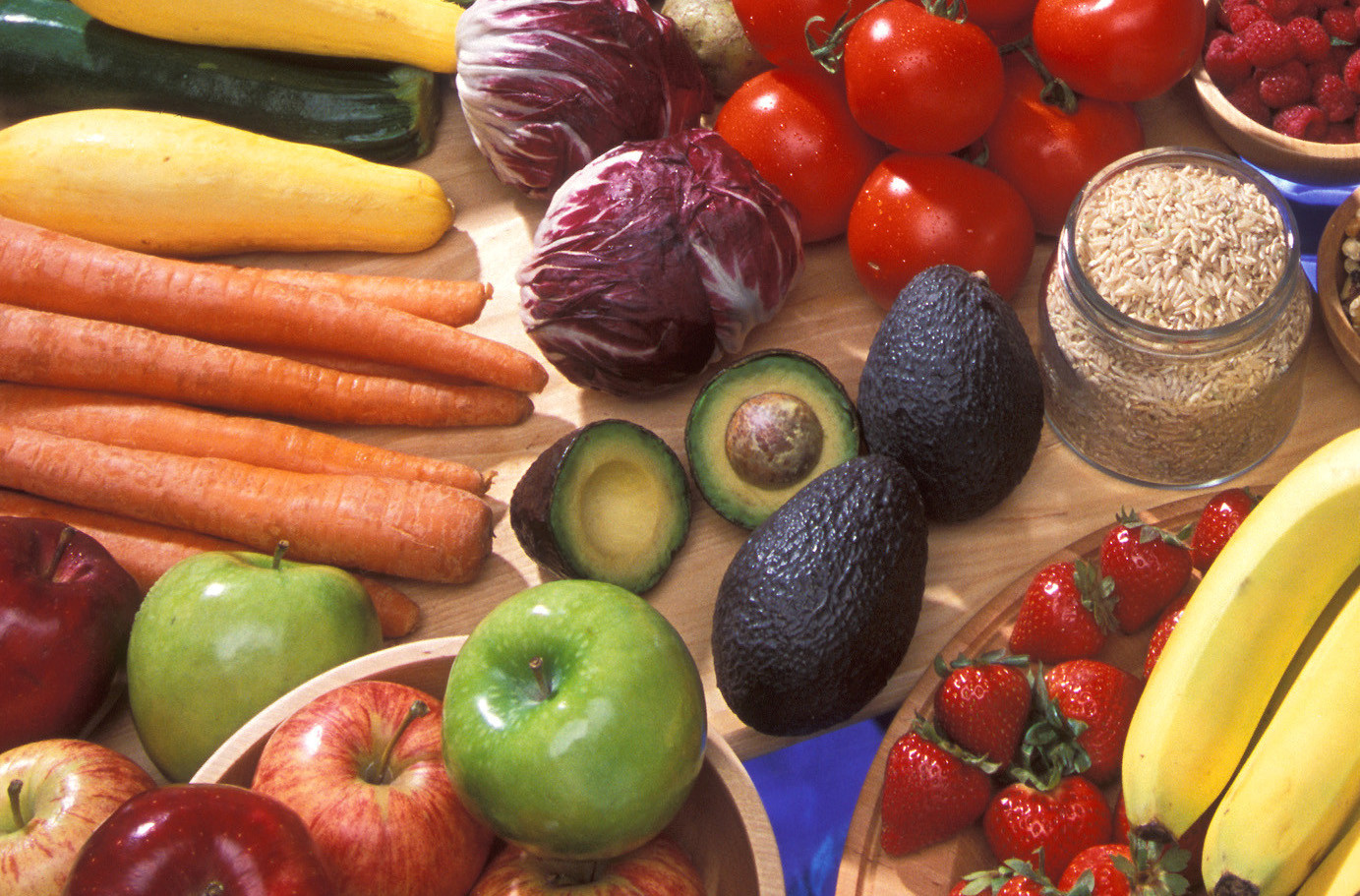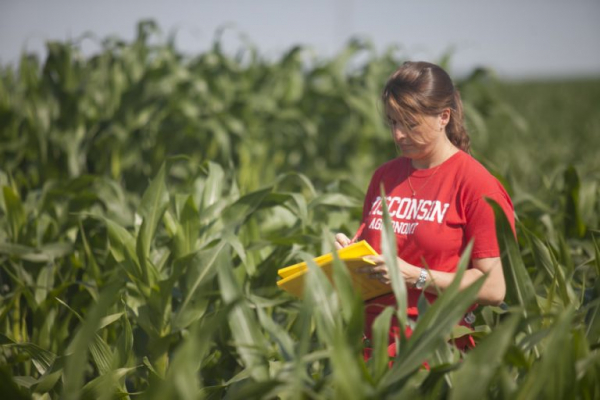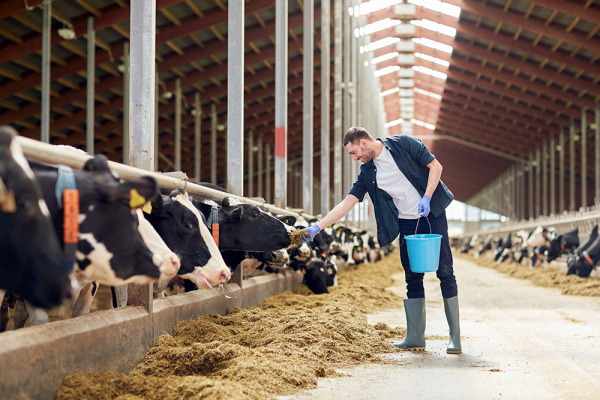Discovering the Impacts of Flavonoids and Interpersonal Gut Variations to Improve Cardiovascular Health

The American Heart Association notes a recent study that showed millions of people worldwide could prevent early deaths and disability from heart disease by eating more fruits and vegetables.
Some health benefits associated with this diet are derived from pigments present in plants called flavonoids. However, our bodies do not absorb most flavonoids in their natural state. Flavonoids can be metabolized by our microbiome, the trillions of microbes that inhabit our gut.
Studies that analyze the health effects of flavonoids show either positive or no effects. However, there is limited research on how different gut microbes affect the ways that flavonoids are metabolized.
The team theorized that specific gut microbes contribute to the beneficial effects of flavonoids by making them more absorbable. Thus, they are studying the relationship among interpersonal differences in how the gut microbia help digest flavonoids and their resulting health impacts.
To see the effects of flavonoids on cardiovascular diseases in humans, his lab bred germ-free mice that were genetically susceptible to heart disease. They introduced bacteria from a human microbiome into half of the mice and left the other half germ-free.
After feeding all of the mice a flavonoid-rich diet, only those with the added microbiome benefited from the consumption of the flavonoids, highlighting the importance of gut bacteria in mediating the effects of flavonoids. The next step is to see exactly which bacteria in the microbiome help metabolize flavonoids and can help diminish cardiovascular disease.
“As I grew up, my parents instilled the concept that we can improve our health by making good decisions at the grocery store and the dinner table. I hope my work inspires people to make dietary choices that take into consideration their gut microbes. Eat lots of whole grains, veggies, and fruits!” – Federico Rey
Reprinted from SoAR Retaking the Field, Vol. 3


